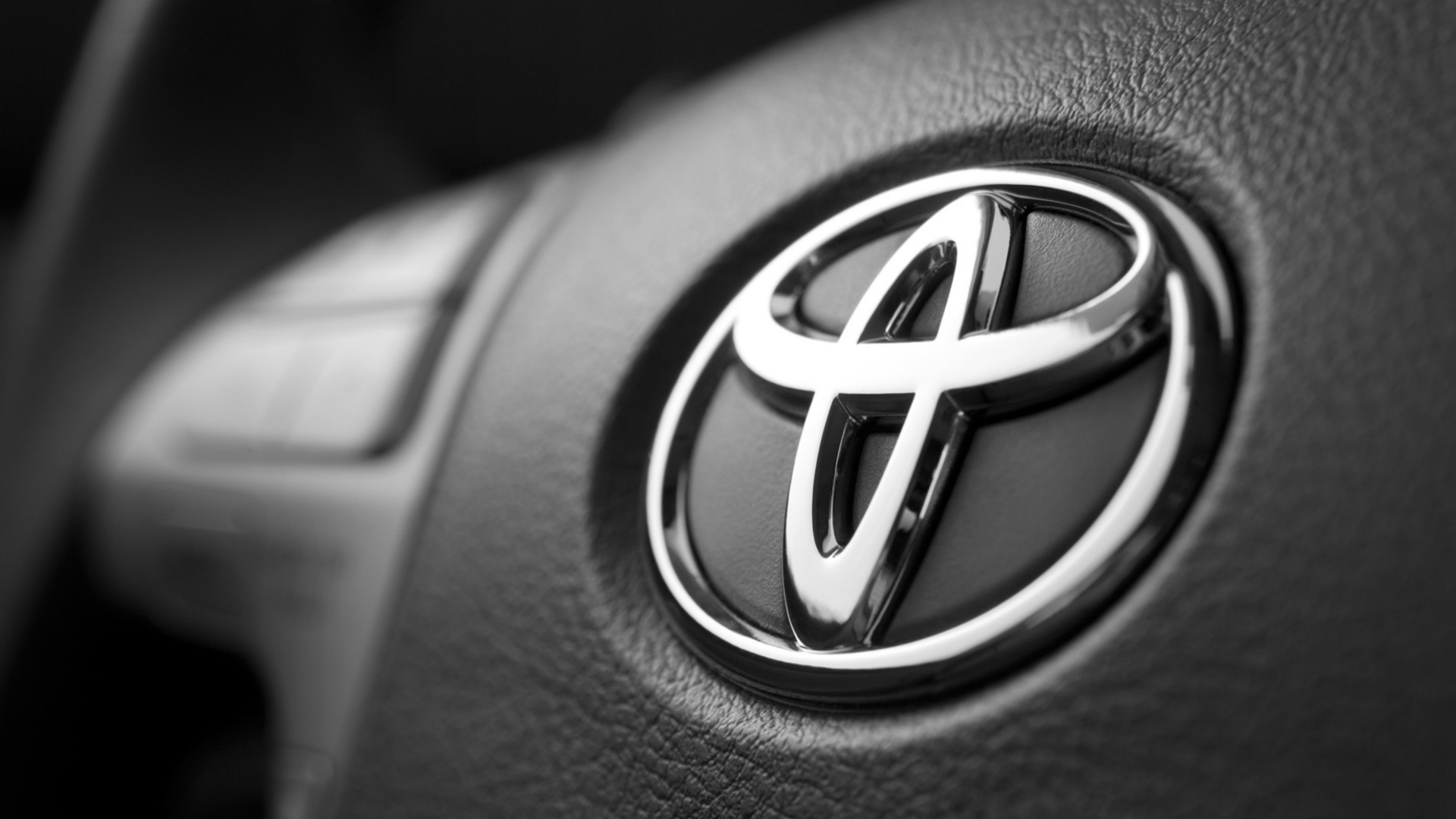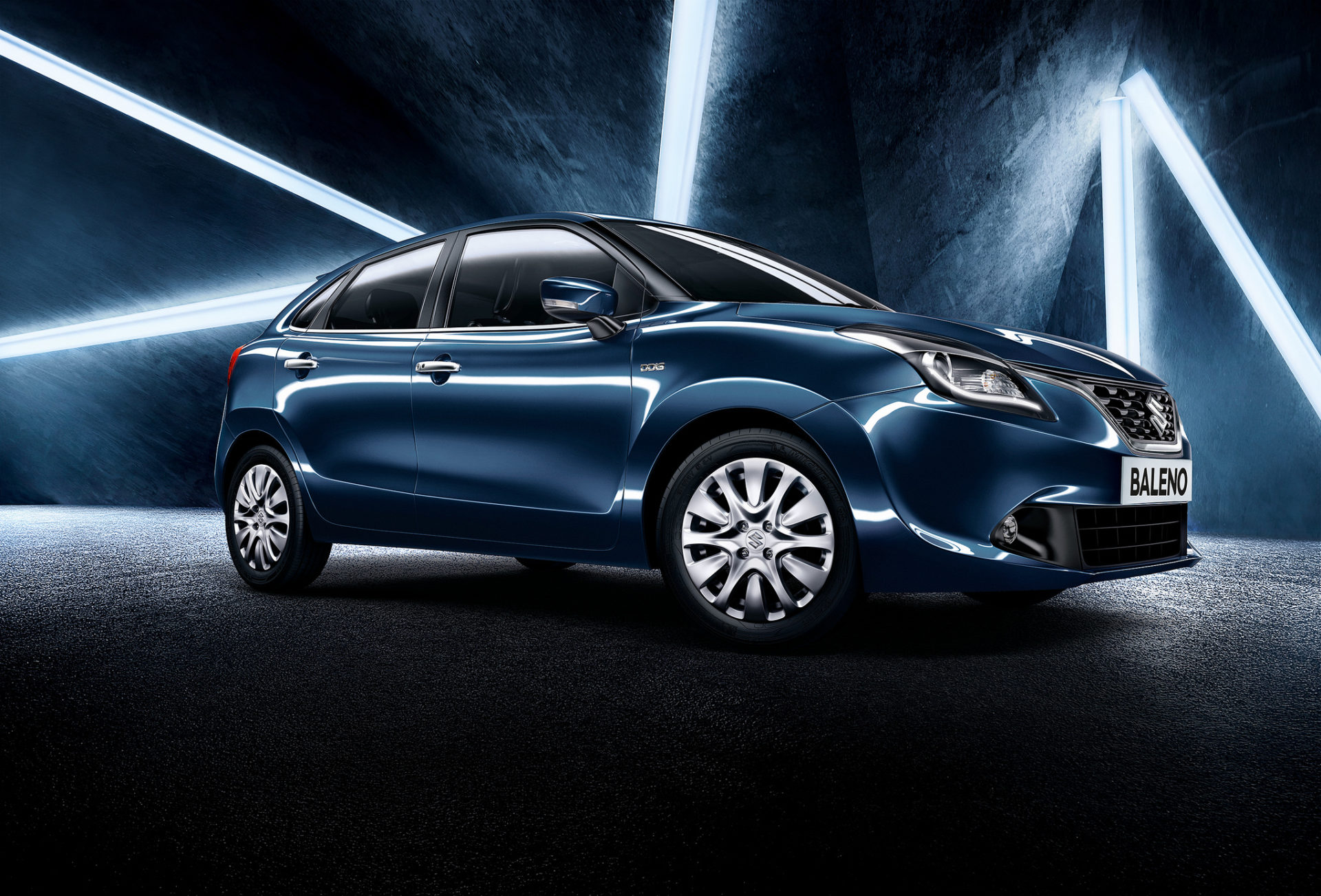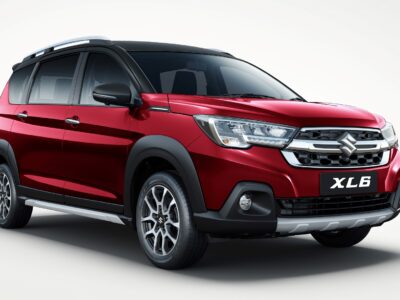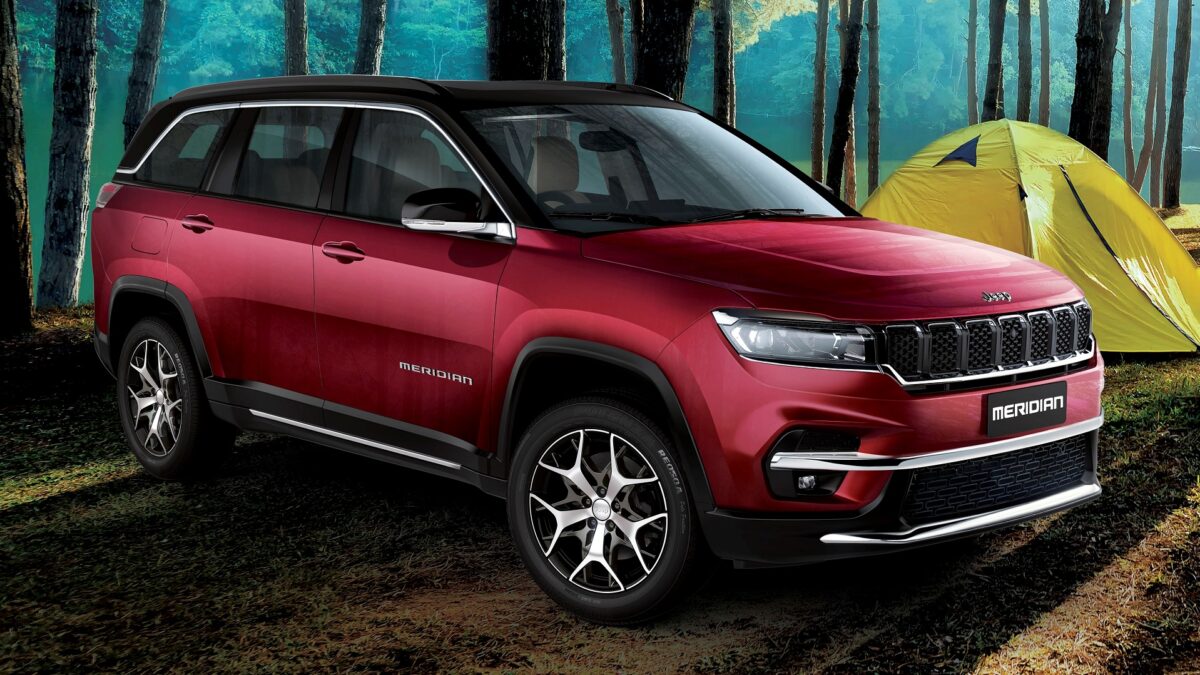Toyota Kirloskar Motor Will Soon Produce Maruti Suzuki Models
Saar: Additionally, Maruti Suzuki will develop an ‘ultra-high-efficiency’ powertrain with the technical help from Toyota and Denso Corporation.

If that title is confusing for you, let’s take a brief detour into the history books. In February last year, the two Japanese auto giants, Toyota and Suzuki, shook on joining forces to start exploring ideas directed towards business partnership. Later in the year, the duo signed a Memorandum of Understanding (MoU) which stated that Suzuki will build electric vehicles (EVs) for the Indian market while Toyota will provide the technical sport. The first EV is scheduled to launch in 2020.
Fast forward to March 2018 and the Japanese automakers announced that they will be sharing model platforms with each other. You can read about that development in detail right here. Now, the duo has decided on something so radical that it can potentially change the face of the Indian automobile industry. What is it? Toyota’s Indian arm, Toyota Kirloskar Motor, will soon start producing Maruti Suzuki models. Additionally, the models produced will be put on sale via both company’s retail networks.

Why? Its second plant’s production capacity is around 2.1 lakh units, of which Toyota is currently using around 30 per cent. On the other hand, Maruti Suzuki’s all three plants are working overtime to meet the rising demand. By utilising Toyota’s manufacturing facility, Maruti Suzuki will be able to bring down the waiting periods on its popular models. What does Toyota gain out of it? Well, it will take the Baleno and the Vitara Brezza from Maruti Suzuki, make some styling tweaks and sell them via its own network. Meanwhile, Maruti Suzuki will get certain units of the Corolla sedan which will be given a makeover to sell as a Suzuki product. And not just in India. Both companies will export jointly produced models to other markets, including some in Africa.

The second new development revolves around Suzuki producing an ultra-high-efficiency powertrain, with technical support from Toyota and Denso Corporation. Last year, Maruti Suzuki tied up with the latter of the two to produce EV batteries in India, with Toshiba being the third party in that deal. Anyway, the super-efficient engine in question will belong to a brand new family and will have petrol, and petrol-electric (hybrid) derivatives. It is in the latter of the two where Suzuki stands to gain the technical know-how from Toyota.
With these two big developments in the pipeline, don’t expect Toyota and Suzuki to stop exploring other joint ventures for India and other developing markets globally.





